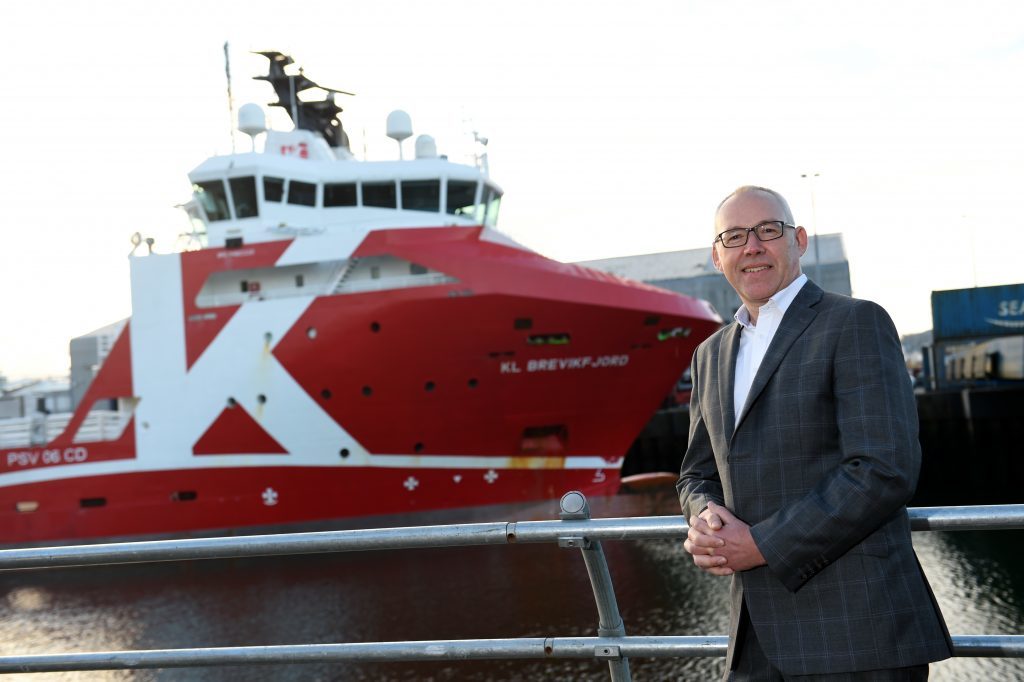
Are you a collaborator? It’s a word used very frequently in the UK oil and gas sector today but can we really, honestly point to any real examples of collaboration in the supply chain to overcome industry challenges and provide cost savings for operators? Unfortunately, despite the rhetoric and enthusiasm from both operators and the supply chain, only few real examples exist.
The North Sea supply chain is extremely well developed, competent and credible. There is huge potential within the local community to deliver cost effective solutions beyond traditional one stop shop corporate entities.
I work within an SME of about a hundred engineers delivering a wide portfolio of engineering and project services to our client base. Such is the diversity of our projects, including topsides, subsea and marine etc that we often work with like-minded third party organisations to deliver the end solution to our client base. Is this truly collaboration?
Collaboration in my mind is the active development of relationships and capabilities of two or more parties, in order to seamlessly deliver an end-to-end solution to our clients’ challenges. This requires energy and effort in the supply chain to establish strong and firm relationships, and close engagement to understand each other’s capabilities, and ultimately provide a synergistic value driven solution to the client that otherwise would not have happened, or been difficult to access.
Collaboration requires behavioural change in the buying and selling community, which must come to understand that collaborators can add value and manage risk outside of the contractual overhead associated with limited partnership or joint venture. Of course risk needs to be understood and accounted for but more efficient mechanisms can be employed to give assurance to all parties. Perceptions need to be overcome about what particular parts of the supply chain can or cannot do.
As an SME my organisation attaches great value to developing collaborative relationships in order to provide our clients’ with value added service for some of their challenges. I am talking across the project life cycle from conceptual studies, through FEED and detail design, to operational performance and late life and decommissioning. By forming strategic relationships the supply chain in Aberdeen can offer the client base end-to-end solutions that can realise enormous cost savings. With these strategic collaborations comes documented assurance regarding roles, responsibility and contracting risk etc.
But it does take a behavioural shift within the buyer community to engage with and accept a collaborative solution to what previously may have been done by a one stop shop – albeit a lot more expensively. Some incorrectly assume unnecessary burden, through added interfaces, cost, distraction and added risk for example. However done correctly it will however appear seamless to the buyer.
The default and easy answer to date has been to utilise large corporate entities to give perceived assurance and lower risk, but this doesn’t have to be the case. With real and effective collaboration the North Sea supply chain effectively manage the asset base across the project life cycle and a much lower cost base will therefore exist for some assets.
I asked the question at the beginning. Are you a collaborator? The opportunity is real – but behaviours and norms need to be challenged to make it happen.
Jonathan White is the business development director at Apollo. For more click here.
Recommended for you
